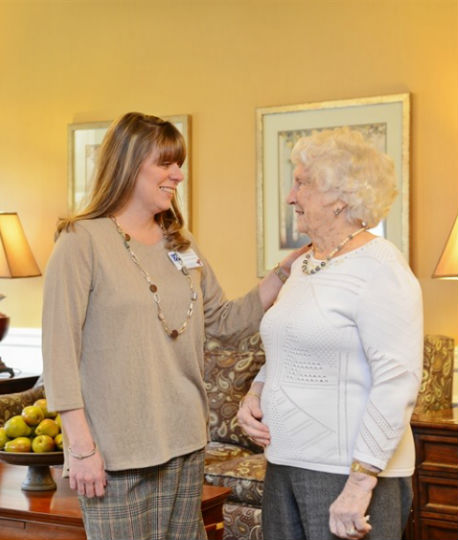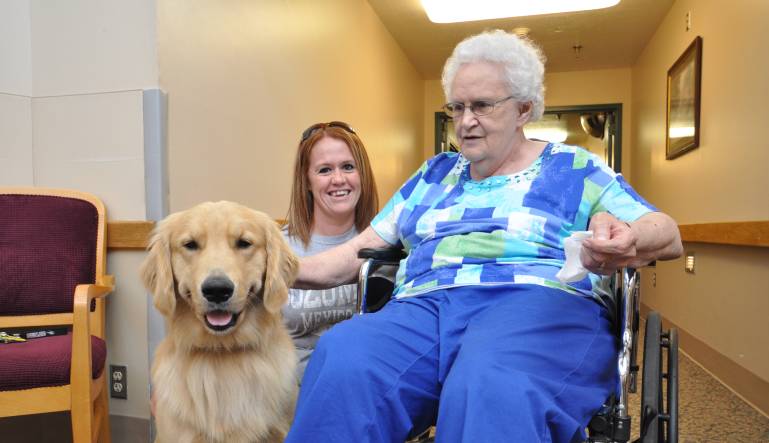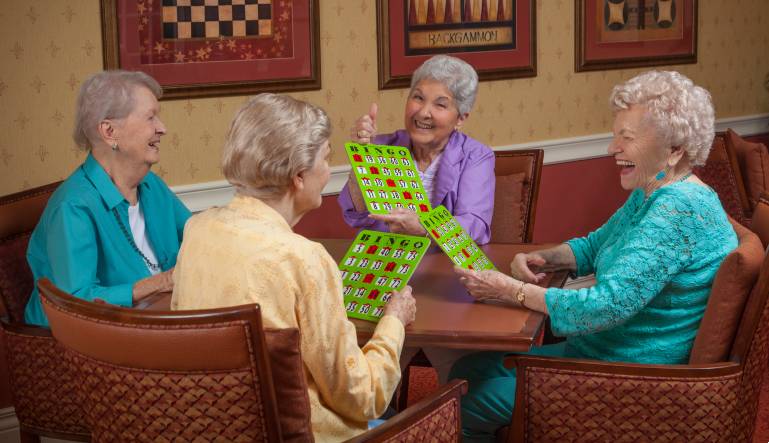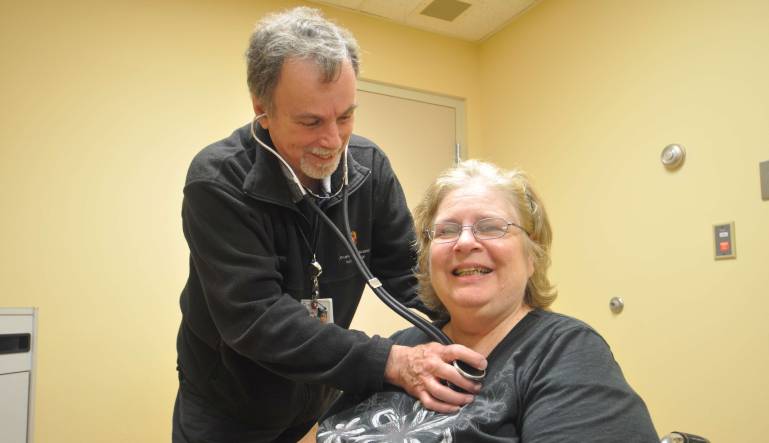Dementia is not a normal part of the aging process for seniors in Indiana. It’s a cognitive impairment that could be linked to genetics, but it’s also believed to be linked to causes that may be within our control.
One potential and preventable link to dementia is the red blood cell condition, anemia.
Anemia is a moderately common, treatable condition that occurs when the body lacks healthy red blood cells to carry sufficient oxygen to tissues. This condition affects approximately 25% of adults over the age of 65, according to Dr. Kristine Yaffe of the University of California, San Francisco.
Symptoms of Anemia in Older Adults
This blood-related condition includes symptoms such as:
- Weakness and fatigue.
- Pale skin
- Irregular heartbeat and chest pain
- Decreased circulation
- Cognitive impairments
Commons Causes of Anemia
An injury resulting in substantial blood loss is a common cause of anemia. Bleeding increases the speed at which seniors lose essential cells, resulting in the condition. Other health conditions that may result in anemia include:
- Vitamin deficiency such as iron, B-1 or folate
- Crohn’s disease
- Rheumatoid arthritis
Anemia and its Connection to Dementia
Studies show that anemia may be linked to cognitive impairment, including dementia. According to a study performed by Dr. Yaffe at the University of California, San Francisco, the condition may increase an individual’s risk of developing severe memory loss.
Dr. Yaffe’s researchers observed 2,552 men and women in their 70s over 11 years. At the beginning of the study, none of the participants had dementia, and about one in seven had anemia.
At the end of the 11-year period, 23% of the individuals that had anemia at the beginning of the study developed dementia. As a result, the individuals with anemia increased their risk of developing dementia by more than 40% compared to those who were not anemic.
Caregivers can Help Seniors Prevent Anemia
First, if you are concerned your senior loved one may be suffering from anemia, help them schedule an appointment with their primary care physician. He or she can order the necessary lab work to make the determination. A severe case of anemia may require medical intervention.
There are steps your aging family member can take that may help prevent them from developing anemia. One of the best ones is to consume a diet rich in iron, folate, vitamin B-12 and vitamin C. Your senior loved one may need your help to plan and prepare healthy meals that contain these vitamins and nutrients.
For more successful aging tips, we encourage you to follow Five Star Senior Living’s Indiana Resources blog. We share information and the latest news for Indiana caregivers and seniors several times each week.










